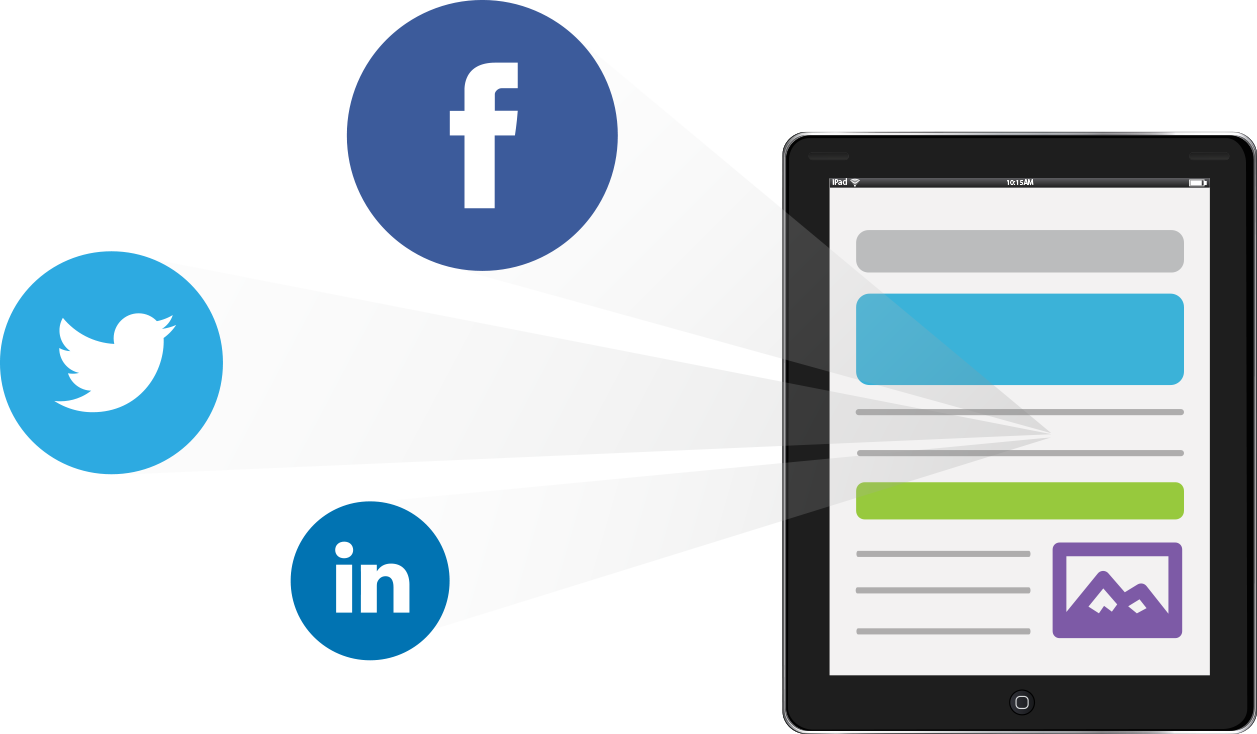Social advertising on networks such as Twitter, Instagram and Facebook have been around for a mere 
Native vs Search
The main differentiator between PPC and social advertising is that social advertising adopts a native approach whereas PPC is centered around specific searches.
The way native advertising on social platform works is by showing adverts in a similar format to the content already on the website. Therefore, the advert blends extremely well with the content, making the engagement rate much higher than typical adverts, such as used in paid search results for PPC.
With this, you can expect to get your word out much easier using social advertising, with another reason for this being that the type of advert you can show is much more varied than PPC, which is just text, image or animated (as opposed to text, image, animated, video etc. with social advertising).
Targeting of Campaigns
The way web users are targeted through social advertising is quite a bit different from that of PPC. Yes, you have the same choices as to demographics, age, interests etc. However, there a fundamental difference between each targeting:
- With PPC, you are specifically targeting those who search certain keyword search phrases, which illustrates they have an interest.
- With social, you are targeting the type of person who you think would be interested in your advert’s contents, which illustrates they have an interest.
The difference is that with PPC you are more likely to gain a conversion since the web user is fundamentally trying to search for something they are interested in. With social, on the whole, people that come across native adverts on social media do not have a specific interest to search for something they are interested in. They are procrastinating and tend to be chilling around. Therefore, it can become a lot harder to get a conversion in social advertising as oppose to PPC even though the engagement level with social advertising is a lot higher than PPC.
Ultimately, both have pros and cons. For example, PPC tends to be a little harder to set up than social advertising. However, what has been outlined above are the key fundamental differences between the two. With this, question what you are promoting, how you know people would be interested and what your conversion is. From this, you should be able to determine which platform is best to use.




